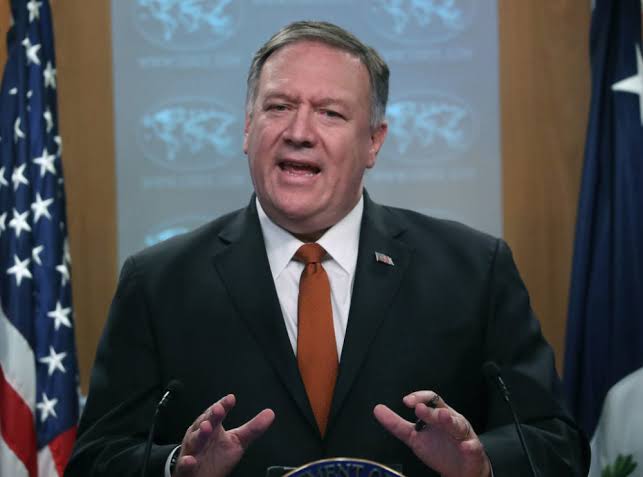By Qin Hong
Since 2018, the U.S. has issued several reports painting China as its biggest strategic rival. In practice, some American politicians have been unscrupulously suppressing China on every front and provoking it over its core interests. As a result, the China-U.S. relationship is now facing its most severe challenge since the establishment of diplomatic ties.
However, the U.S. fails to realize who its biggest rival actually is.
The U.S. has been plagued by serious problems over the past decade. Economically, the gap between rich and poor has continued to expand. Due to the lack of internal driving forces for growth, it has sought temporary relief through excessive fiscal and financial stimulus policies, with little regard of the consequences.
Politically, democracy has become a tool of ferocious partisan struggle and a profit-making system for various interest groups.
The country is hitting a bottleneck in its development, with shrinking benefits and rising anxiety.
How did the U.S. get here? The reason lies in the problems of the design and operation of its political and economic systems. It’s also the inevitable result of the shortsighted pursuit of profits.
The U.S. cannot make itself great again by suppressing China. The U.S. instigated trade frictions, but this did not result in its trade deficit being significantly reduced, and it also failed to bring the manufacturing sector back home. In contrast, Americans paid an additional $50 billion in tariffs in 2019 alone.
The US’ scapegoating of China for the COVID-19 pandemic can do nothing to change its disastrous failure to curb the spread of the virus in the country. The pandemic has led to the biggest economic decline in the U.S. since World War II, along with soaring national debts, and the dollar is losing its status as the world’s reserve currency.
Despite trying to bring about an ideological struggle and provoking confrontation between the Chinese and American people, some U.S. politicians cannot change the reality of their country’s ineffective governance and intensified social conflicts. Meanwhile, waves of protest continue over the death of U.S. citizen George Floyd in Minneapolis.
Some U.S. politicians are unwilling to see others performing better than them. Disregarding any principles of freedom and fairness, the U.S.’ groundless and unjust suppression, and even looting of Chinese enterprises will not only threaten the sources of profits of American companies, but also find little support from other countries. Decoupling from China also means decoupling from the world.
The U.S. should be aware that it is its own biggest rival. Its attempt to turn China into an adversary is a strategic miscalculation, and it will end up digging itself into a hole in the international arena just as the country is forced to solve its own increasingly serious issues at home. This means that the U.S. is channeling its strategic resources into the wrong area and resolving one while neglecting the other, thus making the situation more complex.
The development of China-U.S. relations has clearly shown that both sides stand to gain from cooperation and lose from confrontation. After the normalization of bilateral relations, bilateral cooperation has brought tangible benefits to the U.S. and made tremendous contributions to the country’s stability and development.
China-US business ties support 2.6 million American jobs, and trade with China helps each American family save $850 every year.
After successfully overcoming COVID-19, China has become a refuge for U.S. companies, as the country’s rebounding consumer economy has helped offset the damage done by tumbling sales back home, the Wall Street Journal recently reported.
Meanwhile, the wheels of history continue to turn. While China-U.S. relations cannot return to their past, it doesn’t mean that the two countries must descend into confrontation. As countries with global influence, China and the U.S. can, in a constructive and creative manner, respect each other, seek common ground while resolving our differences, and promote mutually beneficial cooperation to elevate bilateral relations.
Source: People’s Daily Online












